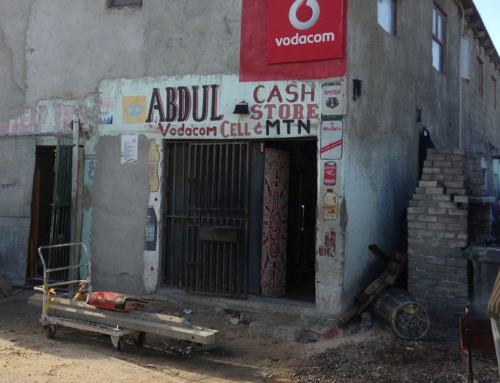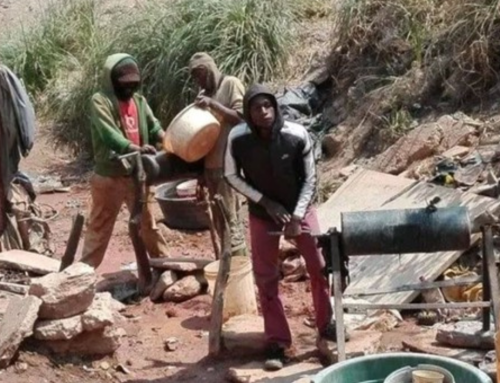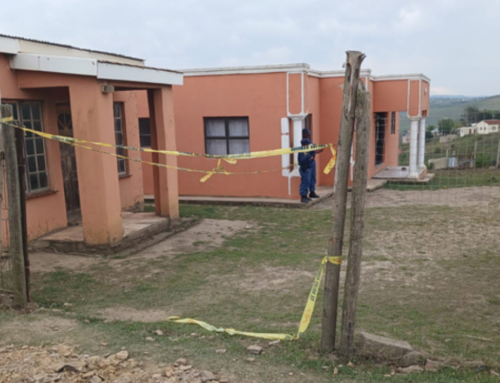 Statement by Bantu Holomisa, President of the United Democratic Movement
Statement by Bantu Holomisa, President of the United Democratic Movement
In five separate cases before the Eastern Cape High Court, Justice J Brooks delivered a harsh judgement against the Eastern Cape Premier, the MEC for Education, and the Superintendent General. The judgement criticised their failure to address the dire conditions at Dumrana Senior Secondary School, Zwelenqaba Senior Secondary School, Gwebityala Senior Secondary School, KwaNtshunqe Senior Secondary School, and Khotyana Senior Primary School. Specifically, the court demanded immediate action to eradicate pit latrines, provide adequate sanitation facilities, classrooms, and sporting recreational facilities for these schools. It is also noted that the judge directed the Premier, the MEC and the Superintendent General to pay for the costs of the application.
The United Democratic Movement (UDM) welcomes this judgment wholeheartedly. It’s not just about enforcing constitutional obligations; it’s also about exposing the truth. This ruling sheds light on the lies that the authorities in the Eastern Cape have been telling the electorate. It’s a step towards accountability and ensuring that the necessary actions are taken to fulfil the promises made to the people.
School governing bodies (SGBs) should take note of this important judgment and study its contents carefully. There are valuable lessons to be learned from the situation faced by the schools mentioned in the document. By familiarising themselves with the challenges and shortcomings highlighted in the judgment, SGBs can work towards ensuring that similar issues are addressed proactively within their own schools.
The judgment indeed paints a concerning picture of the ruling party’s behaviour, highlighting an alarming level of arrogance. By defying multiple court orders without even attempting to appeal, it demonstrates a disregard for the rule of law and a lack of accountability. Such actions not only undermine the integrity of the legal system but also neglect the rights and well-being of the affected communities. It’s imperative for those in power to respect the authority of the judiciary and uphold their duty to serve the people they represent.
The in loco inspection conducted by the judge provides first-hand evidence of the dire situation faced by these schools, leaving little room for doubt or dispute. It raises significant questions about the allocation and utilisation of funds earmarked for the projects meant to improve these schools. The discrepancy between the promises made and the reality observed during the inspection calls into question the honesty and integrity of those responsible for overseeing these projects.
The blatant lies told to the learners, parents, and SGBs further exacerbate the situation, eroding trust and confidence in the authorities. It’s essential for accountability mechanisms to be in place to investigate the mismanagement or misappropriation of funds and hold those responsible accountable for their actions.
The affected communities deserve transparency and honesty regarding the use of public resources meant to benefit their schools and ensure the quality of education provided to their children.
Ck




























